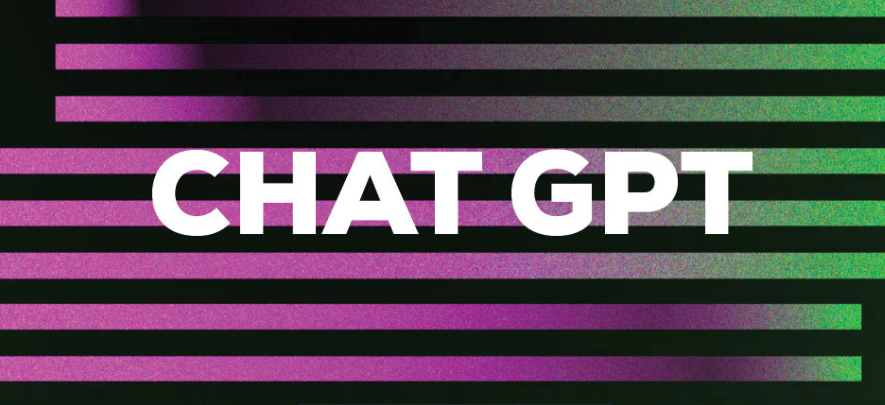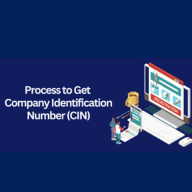What Are the Legal Issues With ChatGPT? – ChatGPT in Practice

Legal & Compliance
105 week ago — 5 min read
ChatGPT is a powerful AI language model that has enormous potential to revolutionise the way we communicate and create content. However, its use raises legal and ethical concerns that require responsible and ethical use to mitigate risks.
Intellectual Property
Legal Issues With ChatGPT – Intellectual property refers to the legal rights that protect creative works such as inventions, literary and artistic works, and symbols, among others. When using ChatGPT, it’s important to respect intellectual property rights by not plagiarising or infringing on the rights of others. Users should also be aware that the content generated by ChatGPT may be subject to intellectual property rights.
Bias and Discrimination
AI language models like ChatGPT can be prone to bias and discrimination. This can happen when the model is trained on biased or incomplete data, or when it’s used in a biased way. To mitigate the risk of bias and discrimination, ChatGPT’s creators and users should strive for diversity and inclusivity in the data used to train the model and in its applications.
Data Protection
Data protection refers to the safeguarding of personal data against unauthorised access, use, or disclosure. ChatGPT may process personal data when interacting with users, so it’s important to ensure that the data is protected in compliance with applicable data protection laws and regulations. Users should be transparent about the data collected and its use, and obtain users’ consent where necessary.
Legal Issues With ChatGPT: Fake News and Misleading Content
AI language models like ChatGPT can generate fake news and misleading content if they are trained on unreliable or biased data. To address this issue, ChatGPT’s creators and users should strive to ensure that the data used to train the model is accurate, diverse, and representative. Users should also be aware that the content generated by ChatGPT may not always be accurate or reliable, and should exercise critical thinking and fact-checking when using it.
Does ChatGPT Violate Copyright?
Legal Issues With ChatGPT – ChatGPT’s creators have stated that the model is trained on the publicly available text and does not violate copyright. However, users should be aware that the content generated by ChatGPT may contain copyrighted material, and they should ensure that they have the appropriate rights or permissions to use it.
Conclusion
In summary, ChatGPT is a powerful AI tool that can create text that sounds like it’s written by a human. Using it raises concerns about things like ownership of ideas, unfair treatment, keeping information private, and fake news. To avoid these issues, those who make and use ChatGPT should make sure it learns from a variety of sources, keep personal data safe, and respect ownership rights. People who use ChatGPT should also be careful and check the information it gives them. Using ChatGPT can be very helpful, but it’s important to use it in a way that is fair and ethical.
FAQs
Can you trust the AI to tell you the truth?
AI language models like ChatGPT are designed to generate text based on patterns in the data they are trained on. They can be useful tools, but they may not always generate accurate or reliable content. Users should exercise critical thinking and fact-checking when using ChatGPT or any other AI tool.
Why does the AI seem so real and lifelike?
AI language models like ChatGPT can generate text that mimics the style and tone of the text they were trained on.
How does ChatGPT work?
ChatGPT works by processing text input from users and generating text output based on the patterns in the data it was trained on. The model uses deep learning algorithms to analyse and understand the text input and generate text output that is similar in style and tone.
What is the cost of using ChatGPT?
The cost of using ChatGPT varies depending on the platform or service used to access it. Some platforms offer free access to the model, while others may charge a fee. Users should check the terms and conditions of the platform or service they are using to access ChatGPT to determine the cost.
To explore business opportunities, link with us by clicking on the 'Connect' button on our eBiz Card.
Disclaimer: The views and opinions expressed in this article are those of the author and do not necessarily reflect the views, official policy or position of GlobalLinker.
Posted by
Vakilsearch StaffGreetings! We would love to work with you and your company. We look forward to connecting with business houses and MSME's.
View Vakilsearch 's profile
Other articles written by Vakilsearch Staff
Know About the 4 Types of Partnership Firms
47 week ago
Most read this week















Comments
Share this content
Please login or Register to join the discussion